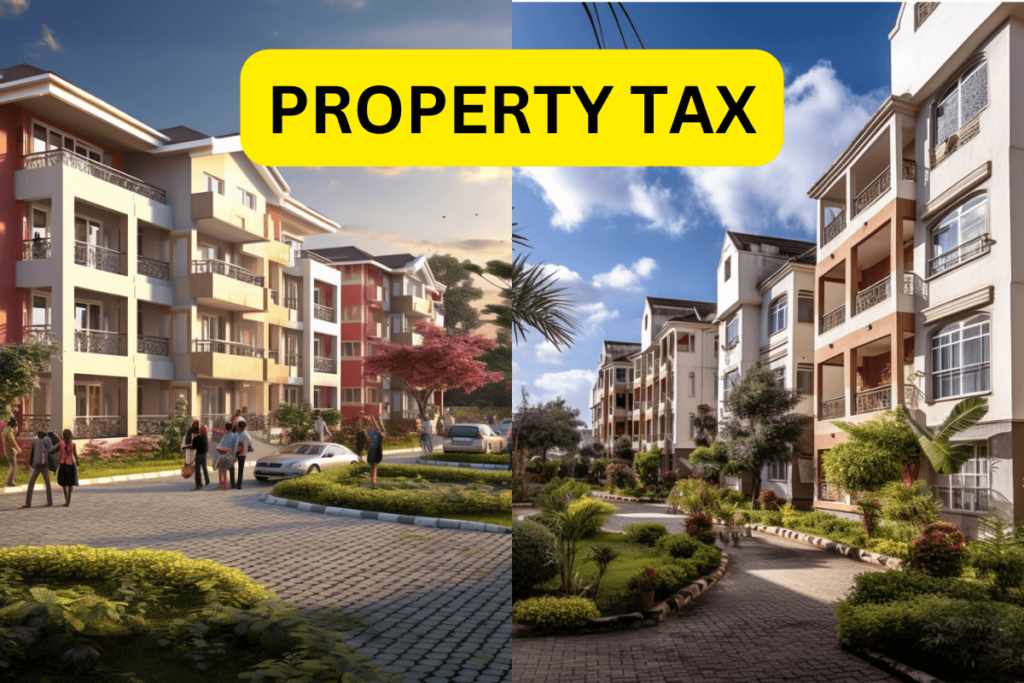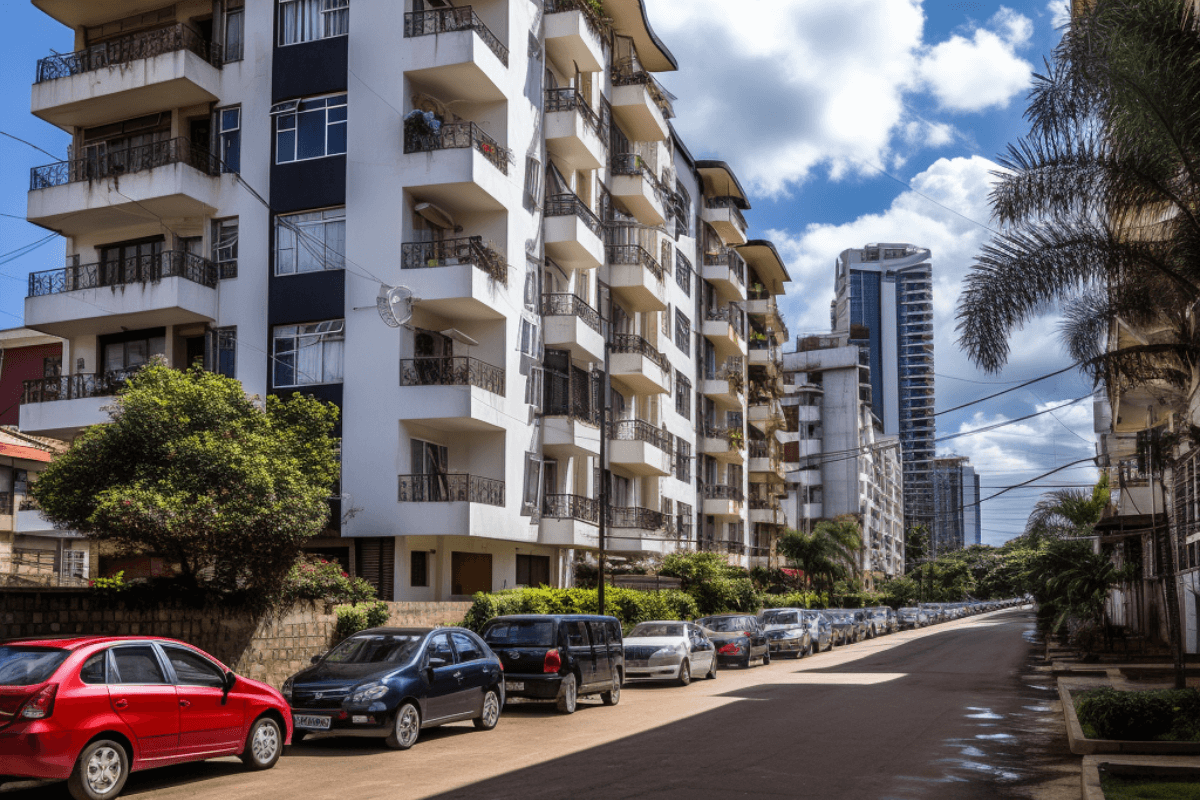Real estate is a preferred investment due to stable returns that are not highly affected by fluctuations in market performance. However, to make it a successful venture, an investor must understand the prevailing government laws on taxation. This article looks at the different types of taxation in Kenya for real estate.
Most real estate investments in Kenya are residential and commercial. They are both lucrative businesses that earn investors rental income while building equity.
Table of Contents
How Is Real Estate Taxed in Kenya?
The tax rate payable by a real estate investor depends on the type of tax. Major tax types include stamp duty and capital gains tax in the case of property transfer and rental income if the investor receives payment from the use of their property. Here is how the taxes work.
Capital Gains Tax (CGT)
Capital Gains Tax is the tax charged on the gain accrued upon the transfer of property situated in Kenya. It is paid by the transferor of property, who can be an individual or corporate body, and the rate payable is 15% of the net gains.
The net gain is the excess of the net transfer value over the adjusted cost of the transferred property. Net transfer value entails the amount of property transfer, less incidental costs. Adjusted cost consists of property acquisition or construction costs, expenditures for value enhancement or preservation, and incidental property acquisition costs.
In the case of capital losses, the amount can be carried forward against future capital gains transactions. The carrying forward of losses only applies for a maximum of 10 years. Capital Gains Tax should be paid on or before the property is transferred, and the payment should not be made later than the 20th day after the transfer.
READ ALSO: Capital Gains Now at 15%: What it Means For Property Sellers

Stamp Duty Tax
Stamp Duty Tax is a type of taxation in Kenya payable by the property buyer when settling the purchase to ensure the transfer is registered. The stamp duty rates in Kenya are between 2% and 4% of the property value. Expensive properties attract a higher stamp duty tax.
The tax should be paid within 30 days after the transaction is complete. Failure to pay stamp duty tax will result in the transaction becoming invalid, the agreement between the parties becoming null and void, and the transaction becoming invalid in a court of law.
Rental Income Tax
A real estate investor who receives payments from individuals occupying or using their immovable property has to pay rental income tax. The property could be residential or commercial.
Tax is payable where the rent income is between Ksh288,000 and Ksh15 million per year. If an investor receives rental income below Ksh288,000 or above Ksh15 million in a year, they must declare the income while filing the annual income tax returns.
The residential rental income tax rate is 10% of gross rent received per month and is payable when the landlords receive rent from tenants. Landlords getting more than Ksh15 million annually fall under the commercial rental income bracket. They have to pay a corporate tax of 30% or be taxed at an individual graduated scale.
Returns for rental income must be filed monthly, and the tax should be paid on or before the 20th of the following month. Rental income is also subject to a 10% Withholding Tax which applies to rent payable for commercial and residential property.
READ ALSO: A complete guide to investing in rental property in Kenya

Real estate taxes is a broad and sensitive topic that most people in Kenya are not aware of. Here are some of the commonly asked questions and answers that you need to know.
FAQs
There are three major types of taxation in Kenya that real estate investors must understand. They include capital gains tax, stamp duty tax, and rental income tax.
Capital Gains Tax is the tax charged on the gain accrued upon the transfer of property situated in Kenya. It is paid by the individual or company transferring the property.
The rate of Capital Gains Tax is 15% of the net gain from the property transferred. The net gain is the difference between the net transfer value (transfer value minus incidental costs) and the net adjusted cost (acquisition cost + incidental costs on acquisition + property enhancement costs).
Tax on rental income is called rental income tax and can be residential or commercial. It is payable by landlords when they receive rent from tenants.
Landlords receiving rental income of between Ksh.288,000 and Ksh15 million per year are charged a 10% rate on monthly gross rent. If the gross annual income from commercial, residential, or combined tenants is more than Ksh15 million, the income is treated as commercial rental income. Landlords are then subject to 30% Corporate Tax or be taxed on an individual graduated scale.
In Conclusion
Apart from the mandatory payment of types of taxation in Kenya, there are other levies and rates that real estate investors should pay. They include land rates payable to the county governments and land rent payable to the Ministry of Lands and Physical Planning.
Rental property in Kenya is a lucrative investment that allows you to earn passive income. However, like many other revenue-generating ventures, it does not come without risks. Check the BuyRentKenya guide for more to help you make sound rental investments.
READ ALSO: What to Know About Property Laws in Kenya



